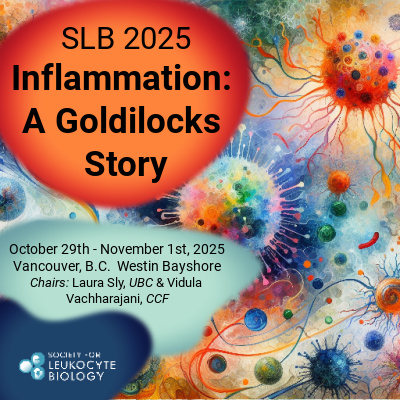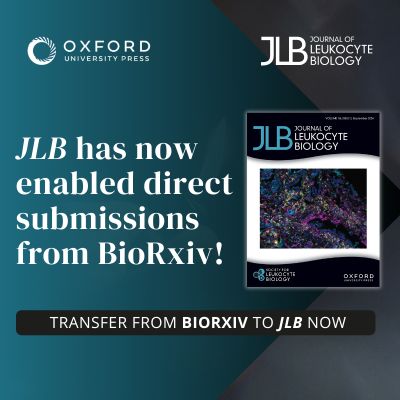|
Post-Doctoral Positions Available - University of Minnesota Age is the greatest risk factor for visceral adiposity, inflammation and metabolic disease. Tissue resident immune cells are critical players in maintaining tissue homeostasis, but also in permitting or driving the dysregulation and loss of metabolic capacity that is seen in aged individuals. There are a number of transcriptional, epigenetic, proteomic (etc) that may occur within immune cells that contribute to their ability to promote inflammation and drive metabolic disease. The lab has previously identified roles for adipose tissue macrophages and adipose tissue B cells that are still incompletely understood, but seem to involve inflammasome-driven changes and the resulting changes in cell frequency. The Camell lab will continue to investigate tissue resident immune cells and the cellular and molecular mechanisms that drive impaired metabolic capacity in adipose tissue. We are seeking a post-doc to join our growing team. The individual will take on projects that focus on candidate macrophage-specific factors driving age-related inflammation and metabolic dysregulation. The post-doc will use a combination of mouse models and in vitro cell culture to identify changes and the mechanisms regulation those age- or inflammation-related changes. Through this project, the applicant will develop expertise in immune-metabolic interactions especially, but not limited to, the aging field. A wide range of techniques will be used, including omics and imaging, in collaboration with the University Cores. This position is fully funded, but postdocs will be encouraged to apply for eligible fellowships. ApplicantsSuccessful applicants will be highly motivated and self-directed learners. Applicants applying for graduate training should have a PhD in cell biology, biochemistry, immunology, or a related field, and must meet the admission requirements for the Department of Biochemistry, Molecular Biology and Biophysics at the University of Minnesota. Prior experience with mouse work, molecular biology and microscopy experience is an asset, but is not required. How To Apply To apply, send Dr. Christina Camell ([email protected]) an email containing: • A Cover Letter describing your interest in the project and your suitability for the position. • A Curriculum Vitae with a complete list of your publications. |



